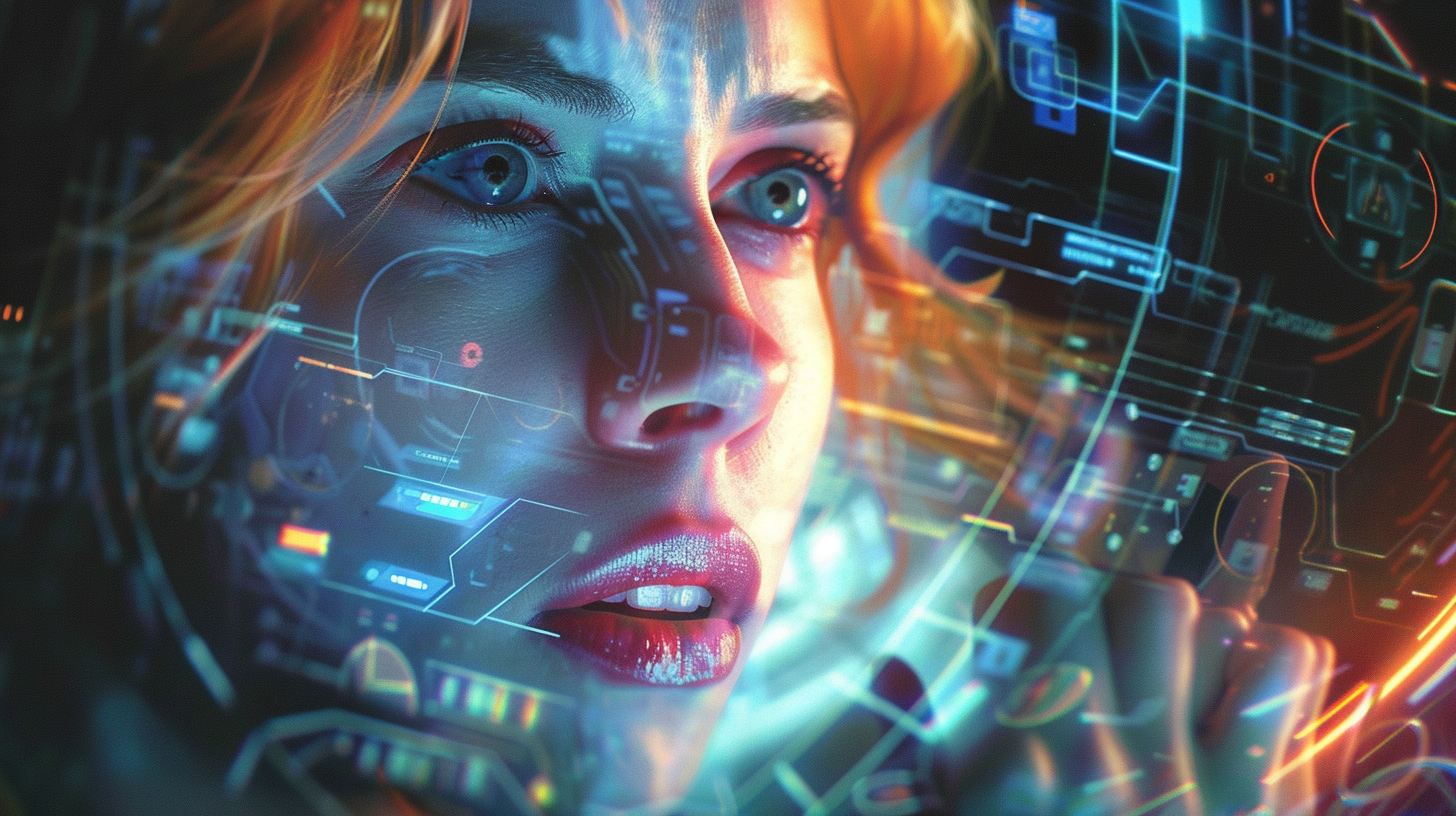In a surprising revelation, Hollywood star Scarlett Johansson disclosed that OpenAI approached her with a proposition to use her voice for artificial intelligence purposes. The announcement, made public on May 20, 2024, highlights the growing intersection of celebrity culture and AI technology.
The Proposal
Scarlett Johansson, known for her distinctive voice and iconic roles, confirmed that OpenAI, a leading AI research organization, reached out to her with a unique request. The company expressed interest in leveraging her voice for their AI models, potentially enhancing the realism and relatability of their voice generation systems. Johansson shared this news during an interview, sparking a wave of discussions in both the entertainment and tech industries.
Context and Background
The intersection of AI and entertainment is not new. Over recent years, there has been an increasing trend of integrating AI technologies into various media and entertainment applications. From deepfake technology to AI-generated music and voice synthesis, the boundaries between human creativity and machine learning continue to blur.
OpenAI, renowned for its advancements in natural language processing and generative AI, has been at the forefront of these innovations. Their models, like GPT-4, are already capable of producing human-like text. However, incorporating recognizable voices from well-known personalities marks a significant leap in creating more immersive and engaging AI interactions.
Johansson’s voice, characterized by its husky, yet soothing quality, is instantly recognizable to millions around the world. This makes it an attractive asset for any AI project aiming to create relatable and engaging user experiences. The potential applications for such a collaboration could span from virtual assistants and customer service bots to entertainment and educational tools.
Implications and Commentary
From my point of view, the proposition from OpenAI to Scarlett Johansson underscores both opportunities and challenges. On the one hand, the integration of Johansson’s voice into AI systems could significantly enhance user engagement. Imagine virtual assistants that sound like your favorite celebrities, offering a more personalized and enjoyable experience.
Moreover, this move could set a precedent for other celebrities to lend their voices to AI, opening up new revenue streams and creative opportunities. It’s a win-win situation: tech companies get to humanize their AI, while celebrities expand their influence into the tech domain.
However, there are significant concerns that cannot be overlooked. The primary issue revolves around consent and misuse. Even with Johansson’s approval, there remains a risk of her voice being used inappropriately or manipulated to produce unauthorized content. This could range from misleading advertisements to more nefarious purposes such as voice phishing or spreading misinformation.
Furthermore, this raises broader ethical questions about the commodification of human attributes. As AI technology advances, the line between human and machine continues to blur. It’s essential to ensure that such integrations respect individual autonomy and are regulated to prevent misuse.
In addition, there are potential legal implications. Current laws may not be fully equipped to handle the complexities of voice rights in the digital age. This scenario underscores the need for updated regulations that protect individuals while fostering innovation.
Conclusion
As I see it, Scarlett Johansson’s revelation about OpenAI’s proposal is a significant development in the AI and entertainment industries. It highlights the exciting possibilities of AI technology while also bringing attention to the ethical and legal challenges that accompany such advancements. The collaboration could pave the way for more celebrities to partner with tech companies, enhancing AI systems with human-like qualities. However, it’s crucial to navigate these waters carefully, ensuring that the use of celebrity voices in AI is conducted ethically and responsibly.






